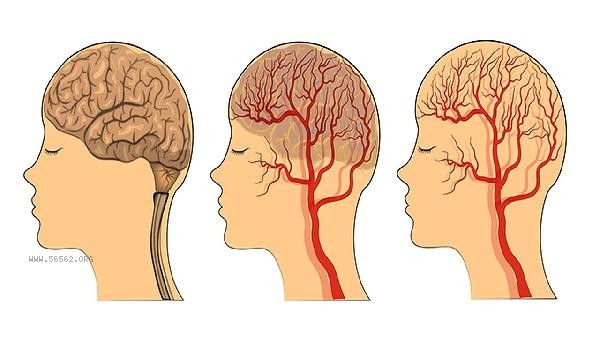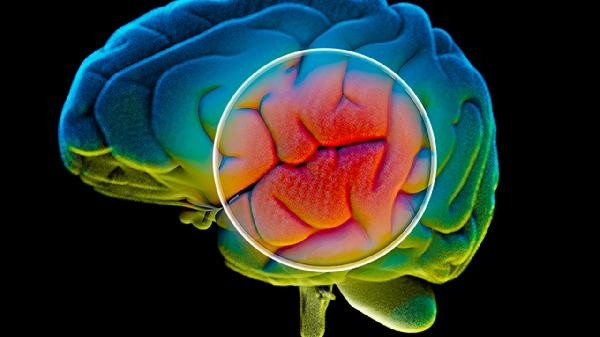The inability of the brain to control wild thoughts may be related to factors such as anxiety, excessive fatigue, attention deficit, compulsive thinking, or depression. When such situations occur repeatedly for a long time, it is recommended to improve them through psychological counseling or professional medical intervention.

1. Anxiety
When an individual is in an anxious state, the brain continues to produce catastrophic associations. This thinking pattern is related to overactive amygdala, manifested as repeated worries about events that have not occurred. Mindfulness breathing training can help alleviate symptoms by practicing ten minutes of deep breathing exercises at a fixed time every day, focusing attention on current bodily sensations.
2. Excessive fatigue
Lack of sleep or long-term overuse of the brain can lead to a decline in the function of the prefrontal cortex, which is responsible for regulating thinking and concentration. It is recommended to maintain a regular sleep routine, ensuring seven hours of sleep every day, and taking a 20 minute break from work to rest with your eyes closed. supplementing with foods rich in lecithin, such as eggs and soybeans, can help repair nerve cells.
III. Attention Deficit
Some people have innate attention regulation disorders, manifested as easy detachment of thinking from the current task. This situation can be improved through behavioral training, such as using the tomato work method to break down tasks into 25 minute focus periods, combined with a 5-minute rest cycle. Long term persistence can enhance the brain's ability to control thinking.

4. Compulsive Thinking
Some invasive thinking may be a manifestation of obsessive-compulsive disorder, where patients may uncontrollably repeat specific thoughts. The mind blocking technique in cognitive-behavioral therapy is more effective, as it immediately shifts attention to specific objects when repetitive thoughts are recognized, combined with behavioral interventions such as rubber band wrist strikes.
V. Depression
Depressive episodes are often accompanied by rumination, and patients may fall into a cycle of negative thoughts. This situation requires professional evaluation. Mild cases can try increasing sunlight exposure and social activity, while moderate to severe cases require medication treatment. Selective serotonin reuptake inhibitors can help regulate the balance of neurotransmitters in the brain. Establishing a regular daily rhythm plays an important role in improving thinking disorders. Maintain a fixed time for waking up and falling asleep every day, and increase your diet with foods rich in omega-3 fatty acids such as deep-sea fish and nuts. Moderate aerobic exercise such as brisk walking and swimming can promote the secretion of brain-derived neurotrophic factors. It is recommended to record daily changes in thinking. When symptoms persist for two weeks without improvement or are accompanied by low mood or sleep disorders, it is necessary to seek professional help from a psychologist or psychiatrist in a timely manner. For occasional wild thoughts, there is no need to be overly nervous. Attention can be diverted by writing emotional diaries or engaging in manual activities.








Comments (0)
Leave a Comment
No comments yet
Be the first to share your thoughts!